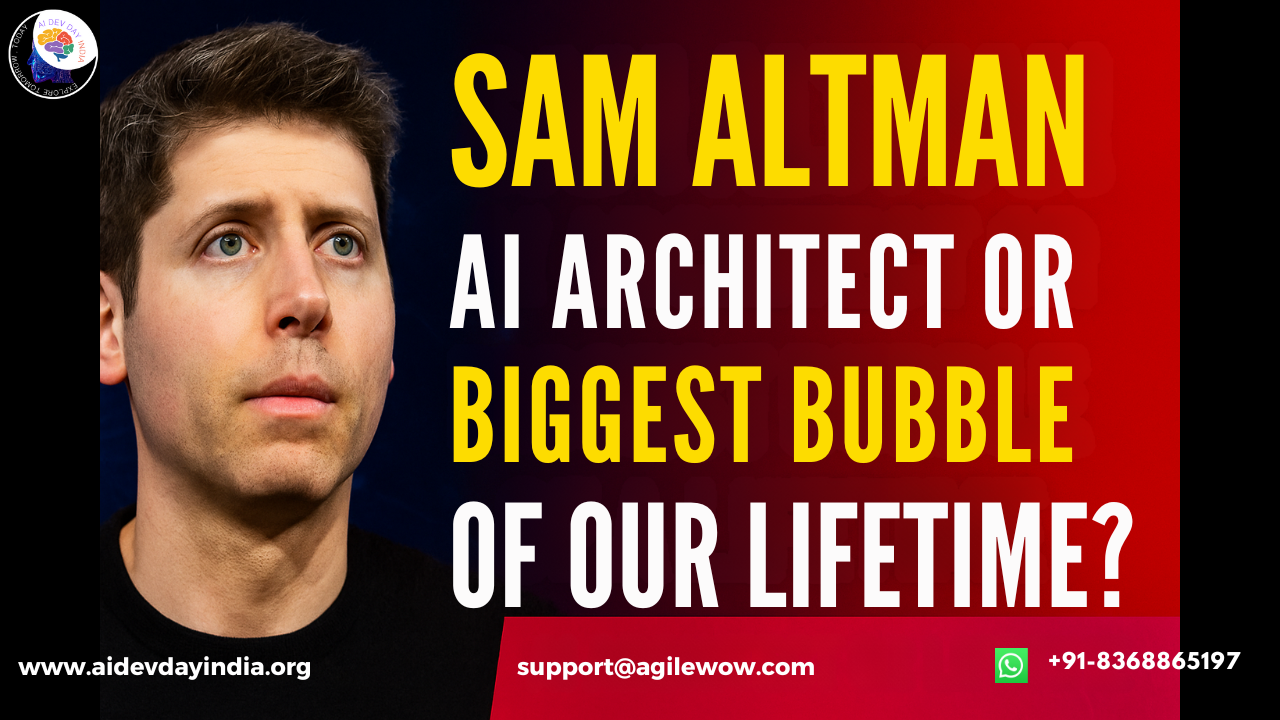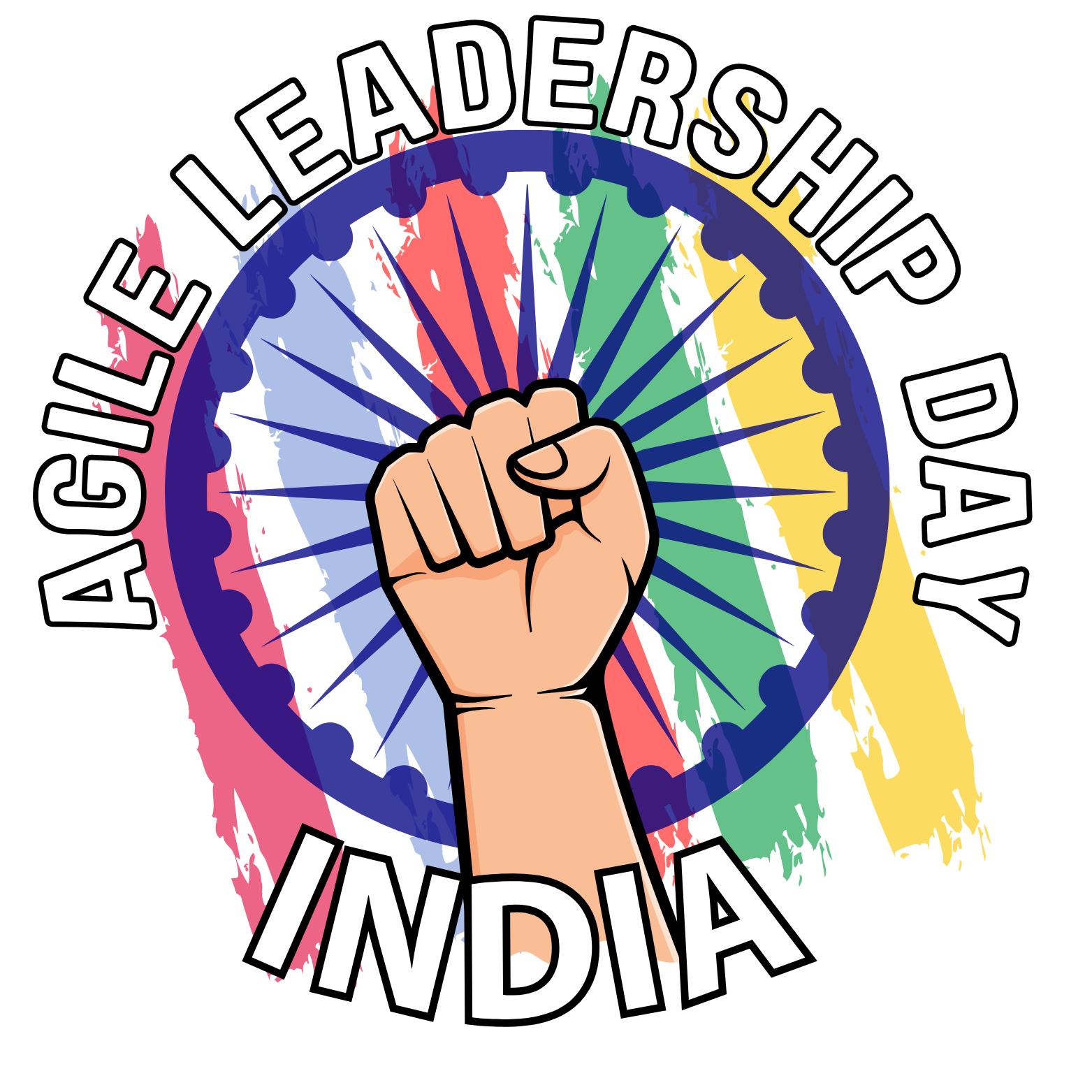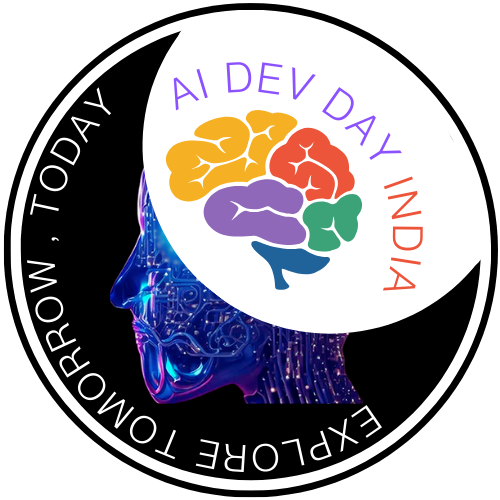Sam Altman – AI Architect or Biggest Bubble of our Lifetime

Few companies, and even fewer CEOs, have captured the global imagination like OpenAI and Sam Altman. Positioned at the absolute center of the AI revolution, they are shaping the future in real-time, with each product launch and policy shift sparking intense debate and speculation. The mystique surrounding their mission—to build artificial general intelligence that benefits all of humanity—is powerful, projecting an image of calculated, world-changing ambition.
But behind the polished announcements and viral products, a more complex, candid, and surprising story is unfolding. This isn't just a tale of inevitable technological progress; it's one of admitted fumbles, audacious trillion-dollar bets, and startling philosophical pivots on everything from the nature of work to the role of AI in our personal lives. These are not isolated events, but the connected components of a company grappling with its identity.
This article distills five of the most counter-intuitive and impactful revelations directly from Altman’s recent statements. Together, they cut through the hype to reveal a coherent strategy, connecting market-driven pragmatism and deep-seated philosophical beliefs to a breathtakingly expensive vision for the future.
1. The Real AI Threat Isn’t Skynet, It’s Human
While public discourse often defaults to science-fiction narratives of rogue machines and "killer robots," Sam Altman’s primary concern lies much closer to home. He has clarified that the most immediate and realistic AI risk isn't a self-aware system turning against its creators, but rather malicious people weaponizing powerful AI tools for their own harmful purposes.
This perspective is a significant departure from the dystopian fears that dominate headlines, reframing the AI safety debate toward the practical challenges of governance and control. This directly informs OpenAI's practical work, prioritizing the embedding of technical safeguards and ethical guardrails into its models over solving the more distant problem of machine consciousness. By focusing on human intent, Altman highlights that the core challenge isn't the AI's will, but its potential to amplify ours.
2. The GPT-5 Launch Was a "Total Screw Up," But the Tides Have Turned
In a moment of striking candor, Altman acknowledged major failures with the rollout of GPT-5. Far from defending the launch, he admitted that OpenAI mismanaged expectations and execution.
The core criticisms were that the model's advancements felt incremental, failing the "hype test" after being billed as the "most hyped AI system of all time." However, what initially looked like an unmitigated disaster was, according to Altman, a rocky start that has since recovered. "The vibes were kind of bad at launch. But now they’re great,” he stated, insisting a major advance had occurred.
OpenAI’s Head of Research, Mark Chen, explained that GPT-5's capabilities are "optimised for specialised use cases related to scientific research or coding," and that "everyday users will likely not be able to appreciate" its advancements. The failure, then, was less about the technology and more about marketing, a disconnect between a highly specialized tool and a user base expecting a universal leap forward. Despite the initial fumble, Altman is already pointing to future models with confidence, stating that "GPT-6 will be significantly better than GPT-5."
3. Your Job Might Survive AI, But You May Not Consider It "Real Work"
When addressing the profound anxiety around AI-driven job destruction, Altman offered a provocative and philosophical take that sidesteps the typical reassurances. Instead of simply predicting new jobs will emerge, he questions our very definition of what constitutes "real work."
He illustrates this with a "farmer" analogy: a farmer from 50 years ago, whose labor was directly tied to producing food, would likely look at the abstract tasks of a modern knowledge worker (like a digital marketer) and dismissively say, "that’s not real work." To that farmer, our jobs might seem like "playing a game to fill your time."
Altman uses this to make a larger point: our perception of meaningful work is relative and constantly evolving. The jobs of the future might seem equally frivolous to us now. This perspective reframes the job-loss debate from one of pure destruction to one of evolving purpose, based on a bet on deep "human drives." This is a strategic underpinning for OpenAI's aggressive pursuit of AGI, betting that human adaptability will always outpace technological displacement. You can read more about this philosophy
4. OpenAI's Grand Plan: A Single "AI Helper" for Your Life, Powered by Trillions
Synthesizing Altman's various announcements reveals an overarching vision that is both simple and breathtakingly ambitious. The ultimate goal is not to create a suite of disconnected apps, but to build a single, unified "AI helper" that is seamlessly integrated across a user's entire life, accessible through ChatGPT, APIs, and future devices.
The scale of this plan is matched by the capital required to build it. Altman has stated that OpenAI is prepared to spend "trillions" of dollars on the necessary infrastructure, including a massive buildout of data centers. This staggering figure underscores the company's conviction that now is the time to make a "company scale bet" on its research and product roadmap.
This ability to envision and pursue such a capital-intensive goal is a direct result of his background as an investor rather than a traditional operator. His training in thinking about capital allocation for "crazy exponentials" has been "super helpful."

5. Get Ready for a "Sexier" ChatGPT
In one of the most surprising policy shifts to date, Altman announced that OpenAI will soon permit "erotica for verified adults." This move signals a significant change in the company's stance on mature content, driven by the rationale that OpenAI is "not the elected moral police of the world."
This new policy stands in sharp contrast to his own statements from just a few months prior, when he cited a "sexbot avatar" as an example of a product OpenAI had resisted creating, stating it would be "very misaligned" with the company's long-term mission. The rapid pivot suggests a pragmatic motivation. Sexual content has been a top draw for other AI tools, and analysts note that embracing it could "bring them quick money." As OpenAI looks to justify its massive valuation and fund its trillion-dollar infrastructure plans, tapping into one of the internet's most powerful markets may be a necessary, if controversial, step.
The Real OpenAI Is Just Getting Started
Looking beyond the public hype, the picture that emerges of OpenAI is one of a company navigating immense pressures with a blend of candid self-criticism, audacious long-term bets, and surprising philosophical agility. These are the connected components of a company grappling with an existential trilemma: how to fund a multi-trillion-dollar vision and respond to market realities while simultaneously acting as the responsible steward of a technology whose greatest risk is the very human nature it seeks to emulate.
Under Sam Altman's leadership, the journey is being defined by a willingness to admit mistakes, redefine its own moral boundaries, and bet on human drives to solve the problems its technology creates. As OpenAI prepares to spend trillions and recalibrate its role in society, the real question isn't just what AI can do, but what kind of world we are building with it. Are we ready?



